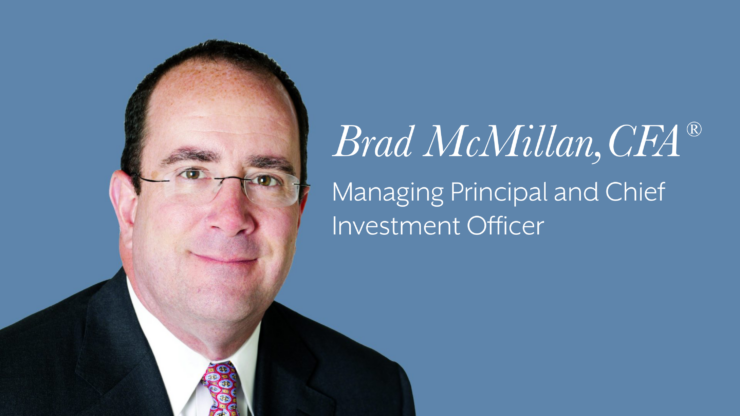We Didn’t Start the Fire
February 27, 2019
The allure of FIRE, the acronym for Financially Independent, Retire Early, has gained popularity in the last few years, especially with the younger generation. While some may want to work “forever,” some simply want to get out of the “rat race” as soon as possible. Simply speaking, FIRE proponents believe in the idea of saving the majority of their income (by likely living very thriftily) for a decade or two and then maintaining a low-cost retirement lifestyle.
FIRE has been appealing to millennials because they view work-life balance as more important than climbing the corporate ladder. According to a survey conducted by World Services Group, millennial professionals believe that achieving work-life integration is more important that other job-related goals, which includes building wealth and gaining leadership positions. Those surveyed also cited combining a fulfilling career with flexible working hours and the opportunity to live their lives as one of their main goals.
For those of us in our 40s, 50s or 60s, you may be scratching your head and saying “what has happened to the work ethic of today’s youth? This is not how a career is supposed to be.” However, if you are in your 20s and this idea is resonating with you, you may be asking yourself, “is this really attainable?”
Crunching Some Numbers
While the excitement of staying up late and sleeping in till 9 am, or perhaps working out for hours each day, or dreaming about backpacking around the world sound enticing, there’s no point in sacrificing years of living a scrimping lifestyle only to realize you will run out of money. After reading numerous articles about FIRE, we wanted to see what it would take, so we did what any financial planner would do; we created a financial plan using our award-winning software MoneyGuidePro®.
Our hypothetical “client,” Jane, is a single 25-year old professional earning $150,000 a year as an IT manager. She decides to start investing in her company’s 401(k) plan, maxing it out at $18,500 per year (the current limit for 2018). Since Jane wants to work towards FIRE, she scrimps and saves so she can set aside an additional $75,000 per year in her brokerage account. We will assume her 401(k) and brokerage accounts earn an average after-tax return of 6 percent per year*. If Jane is paying 25 percent in taxes, or $32,875 after her 401k deduction, that means she is living on just $23,625 per year!
Because of her frugal lifestyle and high savings rate, she is able to accumulate $3.48 million dollars and decides to retire at 45 years old. During her retirement years, her investments earn 5 percent each year*, she spends $65,000 and inflation averages 2.25 percent per year. She also budgets in $30,000, in today’s dollars, every 10 years so she could replace her car. When she’s 67, she claims Social Security benefits and receives $32,448 each year.
According to our program’s calculations, if Jane lives until age 95, there is an 75% probability that she can achieve FIRE status if she sticks to the above plan. But what if the stock market doesn’t cooperate, Social Security becomes insolvent, health insurance doesn’t cover an unexpected illness, she lives until age 100 or inflation spikes for a multi-year time frame? The point is, life is filled with many unknowns and Jane will need to be flexible to adapt to how life unfolds.
FIRE isn’t for everyone (or many)
It’s understandable that FIRE isn’t for everyone. For example, Jane earns a high salary, especially as a 25-year old, which means she’s able to save a lot more than the average American. Considering the average salary in 2017 is $48,251.57, many people won’t be able to save to the extent that Jane did.
There are also a lot of other variables to consider, such as your marital status and whether you have children. In our example above, if Jane were to get married and have multiple children, she would most likely drastically change her savings goals.
The point is, in order for FIRE to be successful, you will need to save a substantial sum of money and make what many would consider to be extreme sacrifices for your future benefit. On top of that, the lifestyle during your financially independent years may not be as luxurious as they might seem after saving so much money. While it’s hard to fault diligent savers, we do believe it’s important to balance living for today with saving for tomorrow, something we believe FIRE ignores.
*No guarantee of reaching the assumed return and used purely for illustrative purposes. Technically, the software assumes varying returns to demonstrate a real-life scenario but averages are used in this article for simplicity.
Let the Certified Financial Planner® professionals at Williams Asset Management help with your wealth management needs. Whether you need comprehensive and holistic financial planning or investment management, we can help! We are fee-based, independent financial advisors located in Columbia, the heart of Howard County, Maryland. Schedule your complimentary consultation today by calling (410) 740-0220!
Share on social media:


